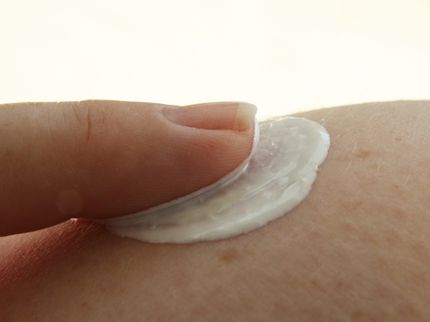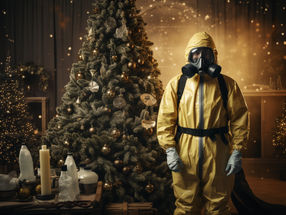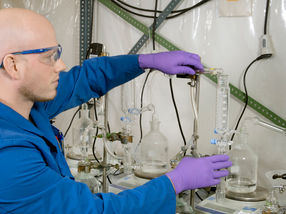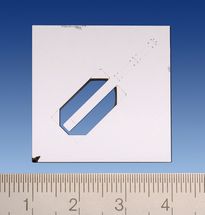Scientists form alliance to develop nanotoxicology protocols
International group addresses lack of consensus on test procedures
A team of materials scientists and toxicologists announced the formation of a new international research alliance to establish protocols for reproducible toxicological testing of nanomaterials in both cultured cells and animals. The International Alliance for NanoEHS Harmonization (IANH) was unveiled at Nanotox 2008.
“When this team of scientists from Europe, the U.S., and Japan are able to get the same results for interactions of nanomaterials with biological organisms, then science and society can have higher confidence in the safety of these materials,” said Kenneth Dawson, of University College Dublin and current chair of the IANH team.
The IANH team includes researchers from Germany: Wolfgang Kreyling of Helmholtz Institute; from Ireland: Kenneth Dawson of University College Dublin; from Japan: Gaku Ichihara of Nagoya University, and Kun’ichi Miyazawa of the National Institute for Materials Science; from Switzerland: Harald Krug of the Swiss Federal Laboratories for Materials Testing and Research (EMPA); from the United Kingdom: Vicki Stone of Napier University; from the United States of America: Vince Castranova, Mark Hoover, Dale Porter, and Aleksandr Stefaniak of the National Institute for Occupational Safety and Health at the Centers for Disease Control and Prevention; Vicki Colvin of Rice University; Fred Klaessig; Andre’ Nel of the University of California at Los Angeles; Günter Oberdörster and Alison Elder of the University of Rochester; and Mark Wiesner of Duke University.
Others collaborating with this alliance include from the European Union Joint Research Centre: Gert Roebben and Hendrik Emons of the Institute for Reference Materials and Measurements. From the United States of America, Vince Hackley of the National Institute of Standards and Technology; and Scott McNeil of the Nanotechnology Characterization Laboratory at the National Cancer Institute are also collaborating with the alliance.
Previous studies have identified key gaps in scientific knowledge regarding the biological interactions with nanoparticles and subsequent toxicological responses. Progress in resolving these issues is limited by the lack of testing protocols that enable reproducible assessment of the biological interactions of nanoparticles with cells and animals, and the lack of correlations between interactions observed in cells and in animals. IANH is being formed to establish testing protocols that enable reproducible toxicological testing of nanomaterials at the cell and animal levels and to start developing correlations between these two systems.
IANH members have agreed to develop specific tools and testing protocols and to perform a set of round robin experiments to lay the foundation for reproducible testing of nanomaterial biological interactions and toxicology. The alliance will establish protocols that can be shared with other researchers and foster experiments to evaluate correlations between in vitro testing and toxicological interactions in mammals and aquatic animals. These reproducible nano-biological testing protocols should enable better assessment of potential biological interactions of nanomaterials and improve correlations between in vitro testing and outcomes in animals, humans and the environment.
Most read news
Topics
Organizations
Other news from the department politics & laws

Get the analytics and lab tech industry in your inbox
By submitting this form you agree that LUMITOS AG will send you the newsletter(s) selected above by email. Your data will not be passed on to third parties. Your data will be stored and processed in accordance with our data protection regulations. LUMITOS may contact you by email for the purpose of advertising or market and opinion surveys. You can revoke your consent at any time without giving reasons to LUMITOS AG, Ernst-Augustin-Str. 2, 12489 Berlin, Germany or by e-mail at revoke@lumitos.com with effect for the future. In addition, each email contains a link to unsubscribe from the corresponding newsletter.












































